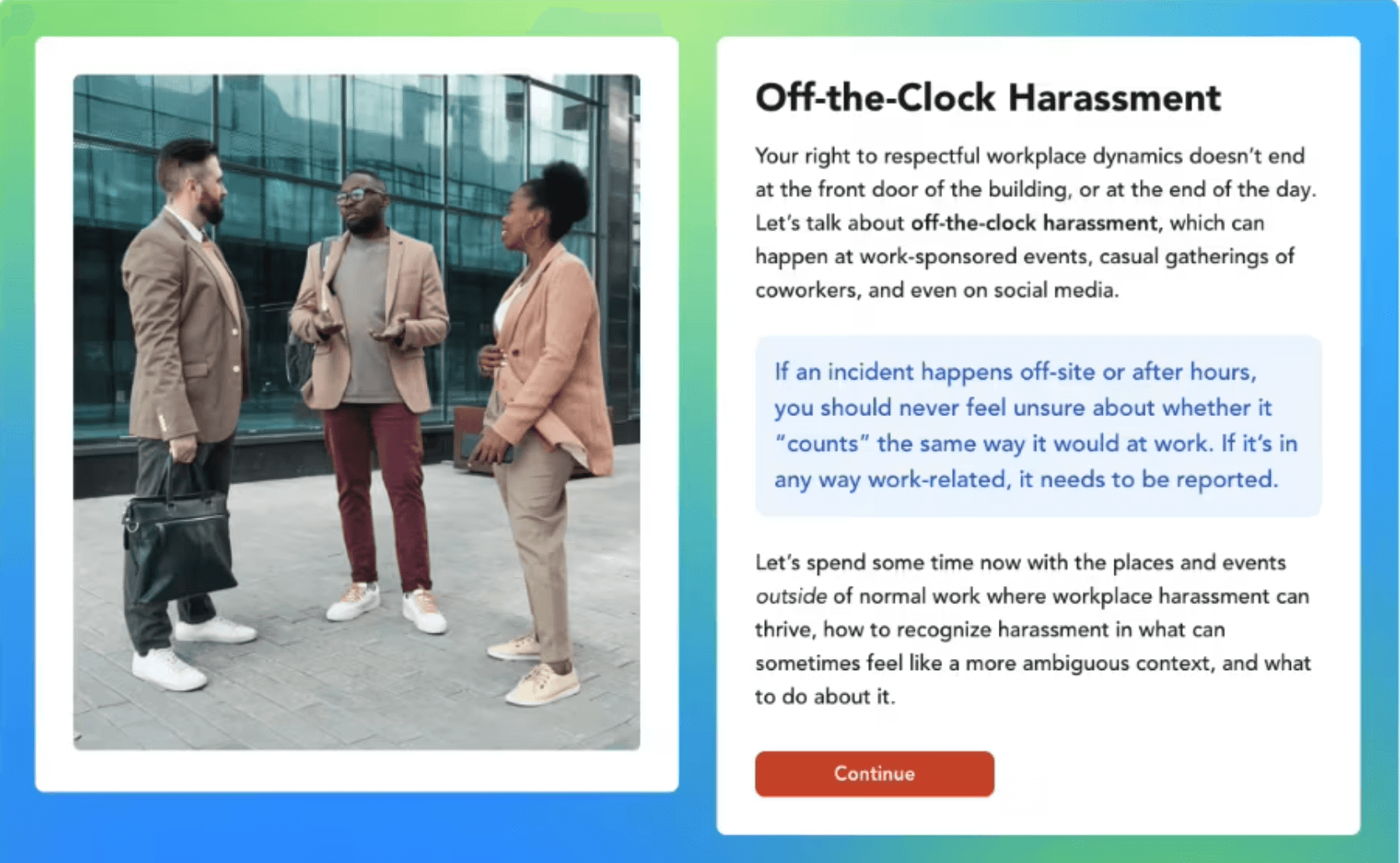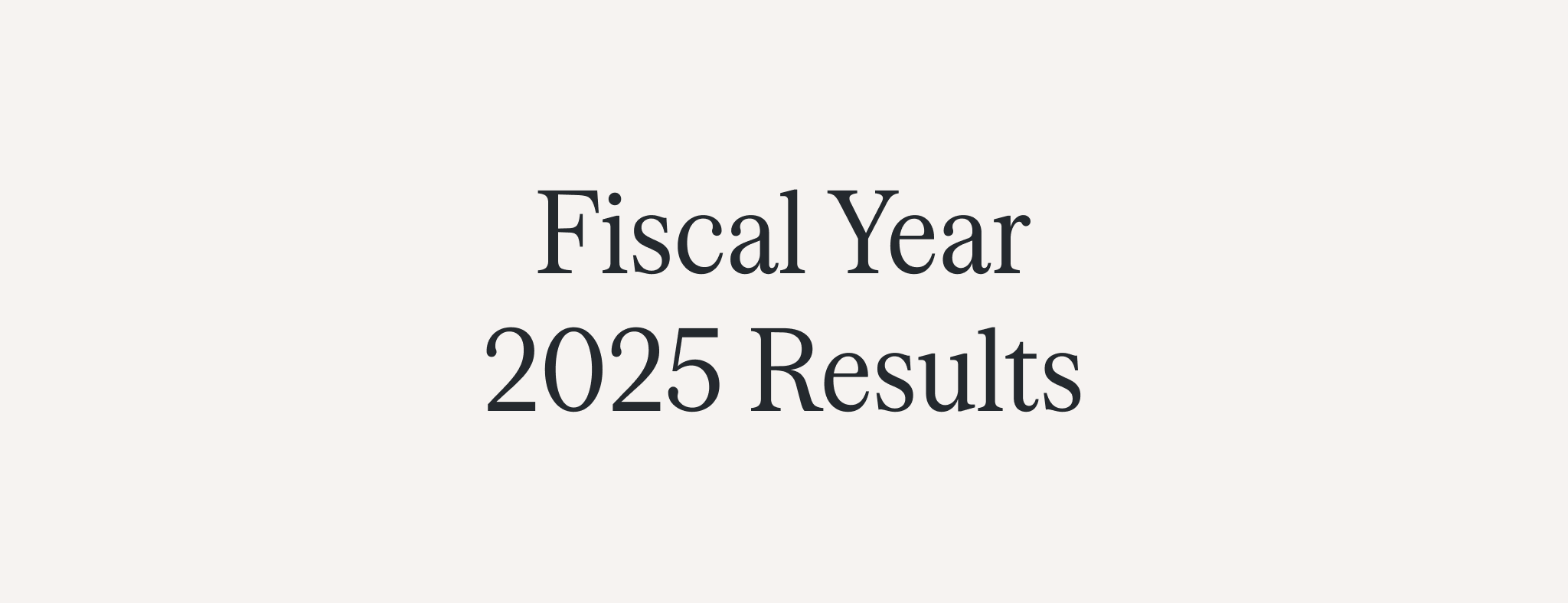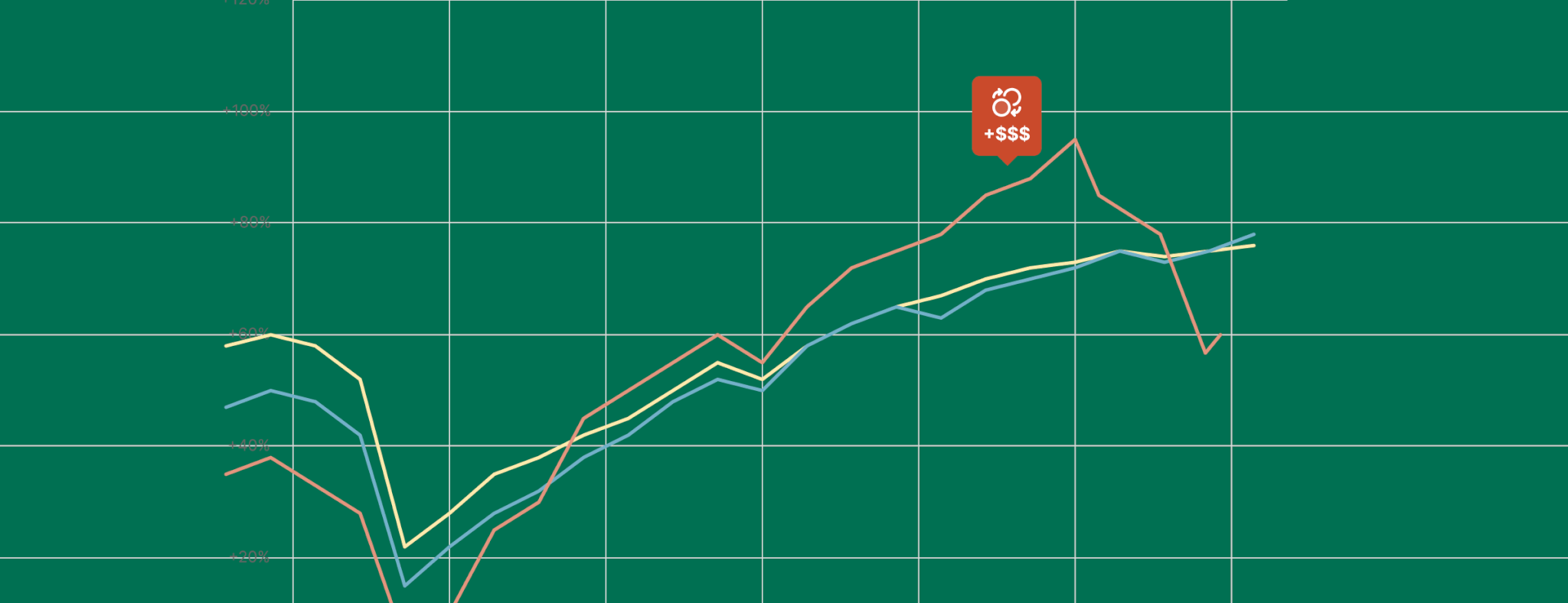As companies and teams transition to working from home, it’s no surprise that the shift has resulted in a number of new challenges, from video-call etiquette to overall productivity. How do you maintain privacy when your team is (virtually) in your kitchen? How do you maintain camaraderie and decorum when coffee-break banter has been replaced by the #randomthoughts channel? Most importantly, how do you prevent harassment and maintain company values when so much of what makes those things possible are people, in a room, together?
During this time, when health is top of mind for individuals and teams like, Ethena sat down with Stellar Health CEO, Michael Meng, to discuss what Stellar Health is doing to encourage individual privacy, promote team-diversity, and establish safe and healthy work-from-home habits.

R: Michael, thank you so much for joining us. Before we dive in, can you tell us a little bit about Stellar Health?
M: Of course. Stellar Health is a healthcare technology company. We’re a point-of-care platform that improves the way primary care physicians engage with their patients on a daily-basis by providing them with real-time information and action-based incentives to improve the quality of care.
R: Because of the nature of your business, Stellar Health must deal with a lot of personal information. At Ethena, we view harassment training as a tool to encourage respect, especially when it comes to individuals’ identities. We have an entire nudge on behavior toward pregnant colleagues, for example. What’s your company’s approach to handling privacy and respect?
M: We get lots of claims data and personal health information, so we abide by all HIPPA rules and are very sensitive and thorough when handling any information.
Let’s say you have a colleague that is HIV-positive; they may not want their company to know, for any number of reasons, including a potential for stigma. We take that as a guiding light. There is a reason that information is safe-guarded. We don’t want that information compromised, so we have policies in place for how to handle it and we instill that as a key value.
R: How do you apply those principles to the workplace?
M: When it comes to someone’s health, there’s no reason to pry. If someone wants to talk about it, feel free to listen; but it isn’t something you want to be pressing or pushing on. If someone says they have a doctor’s appointment, that’s enough information for missing a meeting or calling out of work.
R: It sounds like your company culture relies on trust. Trust that team members know what’s best for their own health and wellbeing; trust that leadership will protect the individuals working for them. How do you establish this kind of relationship?
M: We are very transparent in all meetings and discussions, to get things out in the open, including harassment-related and professional-related issues. In terms of how we approach work-flow, we take the time to talk; and if we disagree, we talk until we come to a mutual understanding. Establishing a culture of transparency makes it easier if something that should be reported or discussed comes up.
R: That’s really great advice. We know from research that roughly 90% of incidents go unreported. By establishing a culture where bringing up issues and concerns is normalized, you make it much easier for your team to report more serious incidents. Especially if they know that their leadership cares, which it’s very clear that yours does. How have you worked to maintain your company’s values as Stellar Health has scaled?
M: When I took over as CEO, I, personally, had a sticking point about our gender balance. We were four male founders, when we started; and it’s hard to change from that as a start-up. I was adamant. I said, “We’re going to change this.” We needed to work hard to make sure that the pipeline of candidates was inclusive and diverse. Making it a priority. Sometimes it takes the leadership saying, This is what we’re going to do to change things from the way they were before. Today, 40% of our team is women; and the gender balance is moving closer to 50-50.
Currently, we are working on our anti-harassment policy; we know there will always be a next step as we grow and mature.
R: It’s true that post #MeToo the status quo, when it comes to fighting workplace harassment, has shifted. During your time building your business, have you encountered any particularly fickle or unclear issues?
M: I had an employee, who, when we were discussing dating policy, viewed it as a little more of a grey-area. The other co-founders didn’t. We were solidly trying to avoid workplace dating altogether. What’s interesting is that, as he’s taken on more leadership and managed more people, he came back to me and said, “I totally get it now.”
R: Speaking of management, how are you checking in on employees during this time, when everyone is working from home?
M: A few things: I’ve purposefully tried to, first, let the team leaders lead for themselves. Having check-ins twice a week within the individual teams. Really making sure we’re on our one-on-ones.
We’ve also encouraged a lot of one-on-one meetings between people within the various teams. That’s something we are very much for. As we start team meetings, team-leads check in on how everyone is doing before we really get going. If you’ve read any of Bill Campbell’s stuff, this is what he advocates for; we should consciously commit to the “small-talk”. I block out 15 minutes of banter before we really jump in. We also have several key culture carrier employees running virtual social events, steps competitions, game nights, etc.
R: Those are all wonderful ideas for ensuring that your teams feel taken care of during this time of transition and uncertainty. We hope our readers will find them useful for their own teams.
Thank you so much for taking the time to chat with us, Michael. We really appreciate it.
M: Thank you!
Thanks to Michael Meng for taking the time to speak with us and for sharing his experience and insights. If you are a CEO, People Ops Leader, or an industry professional who would like to connect with the Ethena team, please reach out to [email protected]. We’d love to hear from you!







